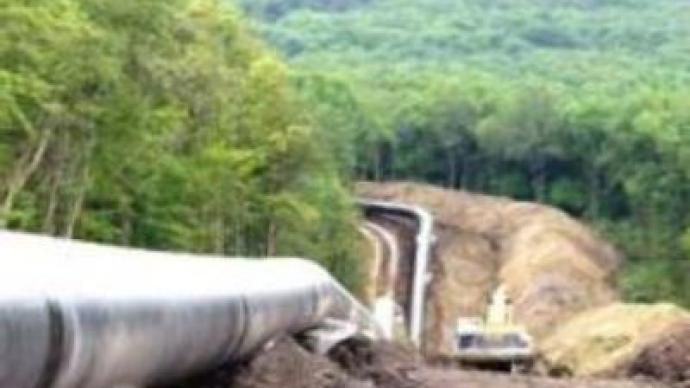EU Commissioner: Russia needs stable investment climate in oil & gas sector

EU Energy Commissioner Andris Piebalgs mentioned in the interview for Business Today that Russia is not doing enough to increase pipeline capacity, but European companies are ready to invest in it, if there is stable, predictable investment
On foreign investments in Russian energy sector:“We don’t know what the strategic assets will be, nor what will be the long-term conditions for investment in gas and oil fields. And this definitely makes us a bit worried, because we know that we will need more oil and gas in the years to come, because our own supplies are dwindling. That is one point. Another is that we have seen some repercussion of the Sakhalin-2 case. The difficulty with the Sakhalin case was not because the Russian state reacted strongly, if violations were made. But it was just confusion about harm that was done to the environment. It was not very clear who is in charge and it’s always better that one agency is responsible, then there would be clear knowledge of what was wrong and what should be done.”On competition on the energy market:“One of the principles is definitely freedom of transit. It is changing the role of Gazprom in Russia. That is true. If you have more access to the pipes, then the independent producer has more chances to export the gas to the European market. Russia is a part of the European Union in terms that it works together with a lot of companies. But we are looking at each case in particular, because we are always looking for what activities could influence competition. We’re working for the market to be liquid. If a producer like Gazprom is no longer an absolute monopoly, then conditions are also changing in the internal market. It opens more possibilities for Gazprom in a downstream market.”
You can share this story on social media:












